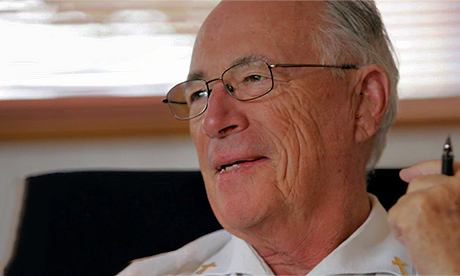One of the big challenges of our time is to not let ourselves by drowned in bits and pieces of information.
Information is very important.
But on its own information is not wisdom.
It isn’t even knowledge until it is properly sifted and researched.
Wisdom is the ability to discern and judge how knowledge applies in ways that are right and lasting and worthwhile. “Knowledge is knowing that a tomato is a fruit; wisdom is knowing not to put it in a fruit salad.” (Anon.)
The transformation of information into knowledge and wisdom is a process.
It needs time, experience and reflection.
It also needs silence and stillness – a break from busyness and noise.
Sometimes it helps to turn off the flow of information coming into us, leaving time to think about what has already come.
Wisdom is a kind of meeting place.
It is enshrined in people’s experiences, histories and cultures, and so through respectful listening to one another we are able to journey together into better understandings, and explore together the bigger questions of life.
It is where people’s differences can belong, and through dialogue be enriching.
It presupposes that “no one is an island”.
In the scriptures, wisdom has a practical bent: it’s about living a good life, personal virtue and social responsibility.
It is a divine gift, and gives us insight into God’s will.
Jesus insisted on fulfilling the law – but according to the true meaning of law.
He did not allow people to use the law against the purpose of the law.
After some Pharisees had criticized Jesus for healing on the Sabbath day, he reminded them that “the sabbath was made for people, not people for the sabbath”.
The purpose of “the law,” including the commandments, is to protect underlying values.
As we gradually identify with those values, we are already fulfilling the purpose of the law; the law becomes less of a constraint on us; we are already “at home” with what the law stands for.
Fulfilling the underlying purpose of the law is life-giving.
Psalm 103, gives us a helpful starting place for becoming wise:
Before the mountains were born,
before the earth or the world came to be,
you were God from all eternity and forever…
To your eyes a thousand years
are like yesterday, come and gone,
no more than a watch in the night…
Make us know the shortness of our life
that we may gain wisdom of heart…
Our days are like grass:
like flowers of the field we blossom,
the wind blows over us and we are gone,
our place knows us no more.
But the Lord’s kindness is forever…
- +Peter Cullinane was the first bishop of the Diocese of Palmerston North. Now retired he continues to be a respected writer and leader of retreats and is still busy at local, national, and international levels. Here he shares his reflections on sciences and Christian faith. To conclude the introduction of this series he quotes Albert Einstein, “Science without religion is lame; religion without science is blind.”
- This is the eighth in a series of chapters from his letter to senior students
- Image: Manawatu Standard
News category: Analysis and Comment.




